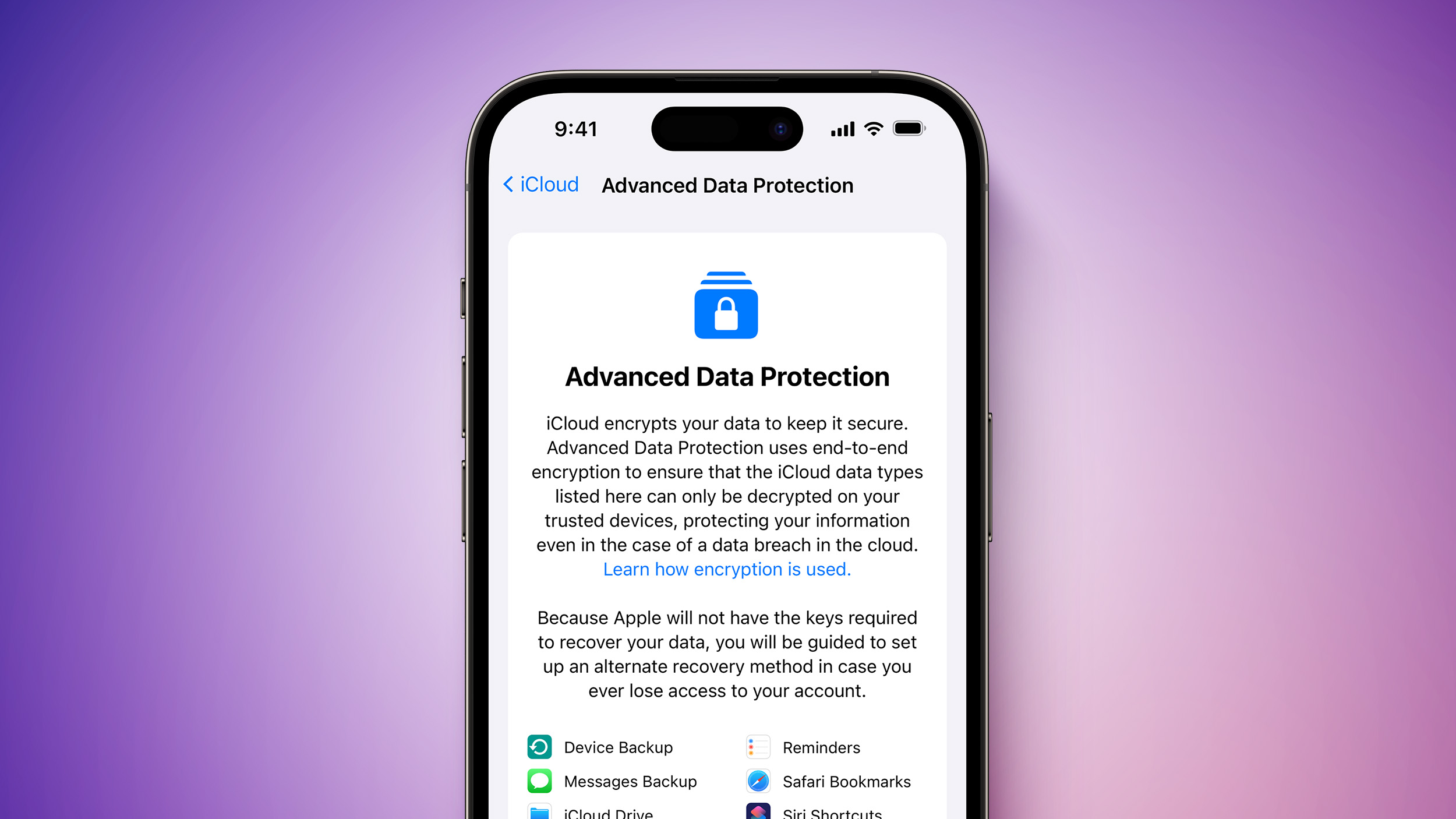
Apple today shared a study conducted by MIT professor Dr. Stuart Madnick that found 2.6 billion personal records were compromised by data breaches in the past two years. The study was commissioned by Apple, but the cover page says that the "conclusions and opinions expressed are exclusively those of the author."

Apple provided an overview of the study in its press release:
Additional details can be found in the study: "The Continued Threat to Personal Data: Key Factors Behind the 2023 Increase."The report illustrates that the historic threats to user data that saw the number of data breaches nearly triple between 2013 and 2022, compromising 2.6 billion records over the course of two years, are only getting worse in 2023. In the U.S. alone, there were nearly 20 percent more breaches in just the first nine months of 2023 than in any prior year. The target for cybercriminals was very clear, with a 2023 survey finding that over 80 percent of breaches involved data stored in the cloud. This is after attacks targeting cloud infrastructure nearly doubled from 2021 to 2022.
Apple says the study's findings emphasize the need for end-to-end encryption, which iCloud already provides for 14 data categories by default. For users looking for additional protection, Apple offers an optional feature called Advanced Data Protection, which increases the number of iCloud data categories covered by end-to-end encryption to 23, including iCloud Backup, Notes, Photos, Voice Memos, and more."Bad actors continue to pour enormous amounts of time and resources into finding more creative and effective ways to steal consumer data, and we won't rest in our efforts to stop them," said Apple's software engineering chief Craig Federighi.
Article Link: Apple Promotes iCloud's Advanced End-to-End Encryption Feature as Data Breaches Increase

